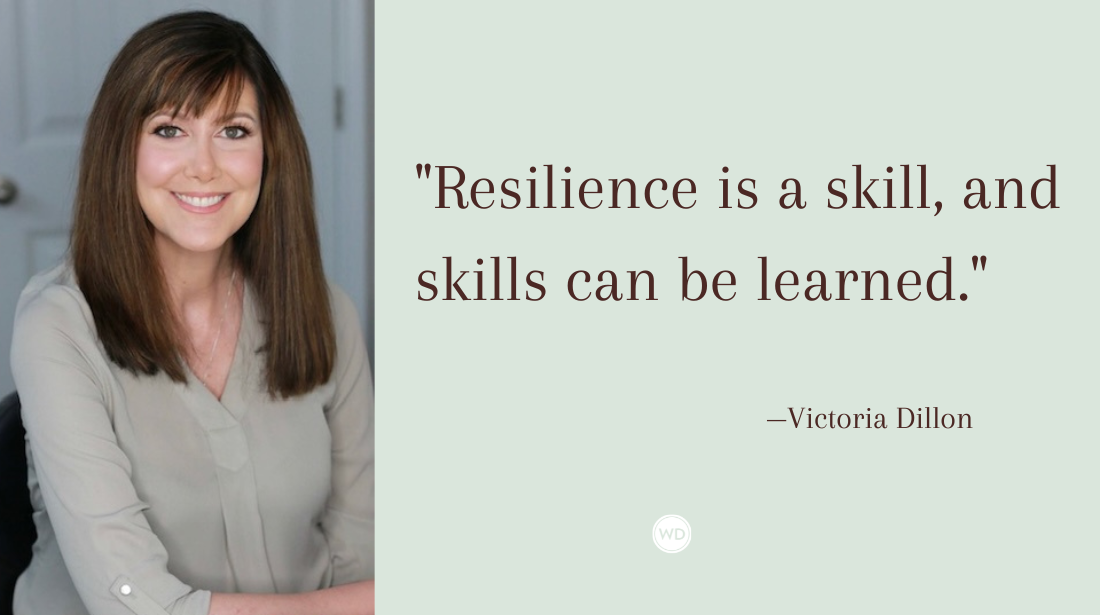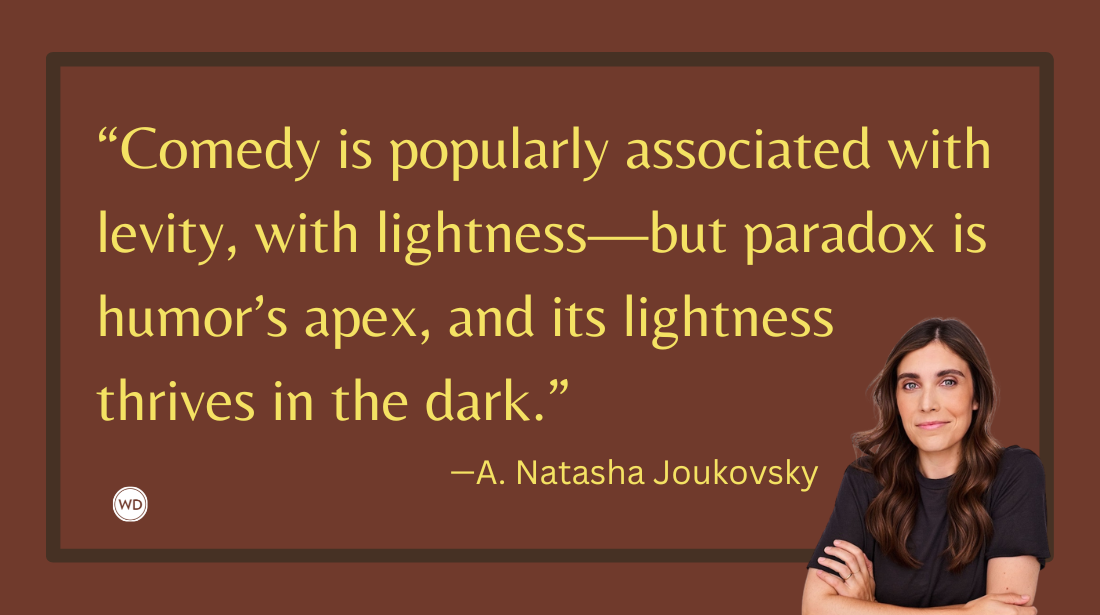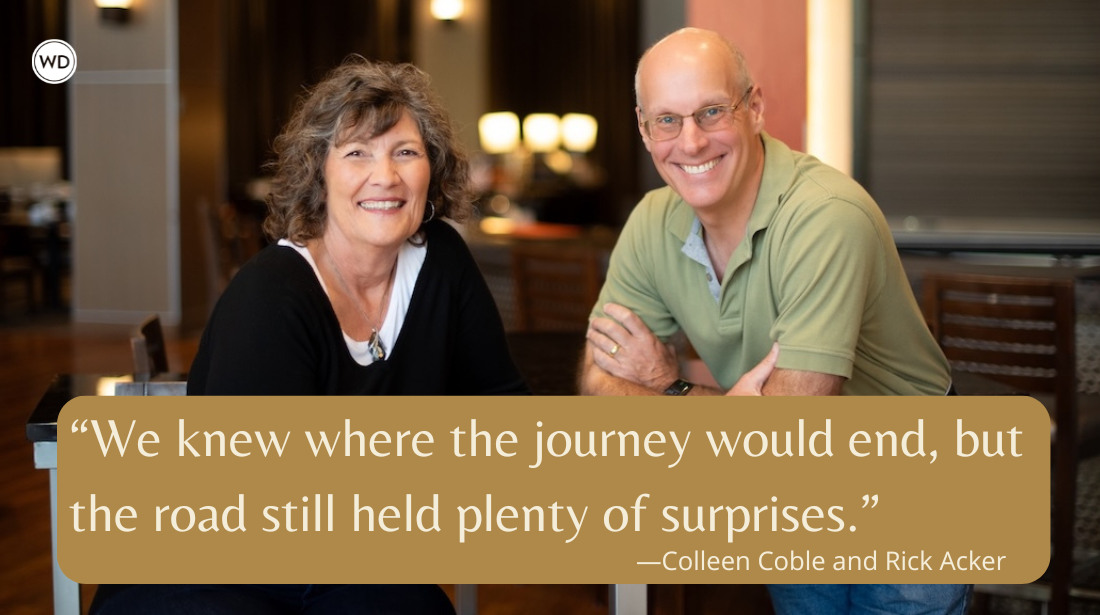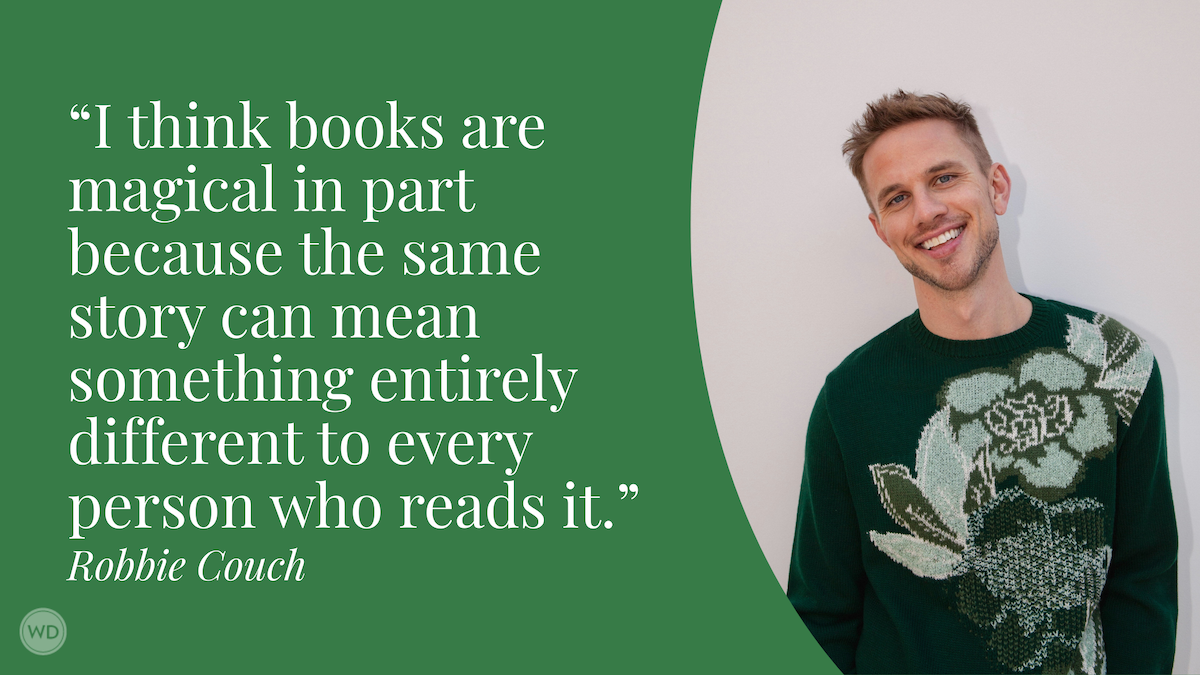Vincent Tirado: On the Violence of Forced Assimilation
In this interview, author Vincent Tirado discusses how changing the ending from positive to bleak felt more honest in their new horror novel, We Came to Welcome You.
Vincent Tirado is a nonbinary Afro-Latine Bronx native. They ventured out to Pennsylvania and Ohio to get their bachelor’s degree in biology and master’s degree in bioethics. Their debut YA novel Burn Down, Rise Up was the 2022 winner of the Pura Belpré Award and was a finalist for the 2022 Stoker Awards and 2023 Lammy Awards. Their sophomore YA novel We Don’t Swim Here was called “a chilling ghost story” by Publishers Weekly. Follow them on X (Twitter) and Instagram.
In this interview, Vincent discusses how changing the ending from positive to bleak felt more honest in their new horror novel, We Came to Welcome You, their hope for readers, and more.
Name: Vincent Tirado
Literary agent: Kristina Pérez
Book title: We Came to Welcome You
Publisher: HarperCollins imprint William Morrow
Release date: September 3, 2024
Genre/category: Adult Horror
Previous titles: Burn Down, Rise Up; We Don’t Swim Here
Elevator pitch: When Sol Reyes moves into Maneless Grove with her wife, Alice, the last thing she was prepared to deal with was a pushy H.O.A. But after seeing a charred figure walk about in her home, finding a string of dead bodies, and watching the neighborhood kids eating tree bark in the woods and she begins to question what the H.O.A has in common with all of these things—and how far she’s willing to go to end it.
What prompted you to write this book?
I wanted to write about the violence of assimilation, particularly in white suburbia. I thought it would be an interesting way to dissect all the ways a queer person of color may be expected to assimilate into a white community and what happens when they aren’t willing to, as well as the pervasive question we tend to ask ourselves when we are met with that kind of opposition: Is it really that bad? We tend to wonder if we’re being difficult, if we’re just not being enough of a “team player,” we wonder if this will come back around to bite us in the ass. We wonder if we’re making a big thing out of nothing.
Assimilation tends to take on the effect of gaslighting in that respect. I wanted to capture that feeling and thought that the backdrop of a gated neighborhood—the pinnacle of suburban safety—would give it more shape.
How long did it take to go from idea to publication? And did the idea change during the process?
From idea to publication, I would say it took about a year and a half. The idea hardly changed during the process—I knew I wanted to write about an overbearing HOA in a gated neighborhood. And I knew my main character would be just about everything that is a nightmare to such an institution—Black, mentally ill, and queer. If there was anything that changed during the process, it was the ending. I had rewritten it time and time again, finding it unsatisfactory to end the story on a positive note. It felt forced and unrealistic. The ending that exists now, while a bit bleak, feels much truer to life and satisfying for the story. I’m very pleased with how it turned out.
Were there any surprises or learning moments in the publishing process for this title?
My editor and I couldn’t decide on whether it’s normally required for all new residents to join the HOA or whether it was optional. For the purpose of this book, it was optional because I had read stories about people looking down on residents that weren’t signed with the HOA and thought that was an excellent way to show how assimilation can be enforced through social pressure and the othering of those who do not conform.
Were there any surprises in the writing process for this book?
I was surprised by how little I knew of houses and home upkeep. Every time I Googled a minor fact about the cost of renovation and things like tree removal, I was shocked to see just how expensive it could be—and it made me wonder how anyone could afford a home anymore.
What do you hope readers will get out of your book?
I hope that readers will understand that the circumstances which people are faced with injustice are all part of the same ideology. White supremacy says that Asians are the modern minorities because they are unlike Black people, that the nuclear family unit is an essential pillar of society, and that gay people should at the very least mimic heterosexual relationships, that community is best formed when there is an “other” to enact violence against. No issue exists in a vacuum, and no one us is free unless we are all free.
If you could share one piece of advice with other writers, what would it be?
I would say that if your traumatic events or otherwise very real microaggressions people face, always take a step back to properly assess whether or not also being affected by writing about it. Some things that I had written in We Came to Welcome You were fictionalized accounts of my own life and had to be talked over with a therapist before I felt it was truly necessary to the story. If you have someone you trust that you can talk over your emotions with, I would say to make time to process those emotions with them.









